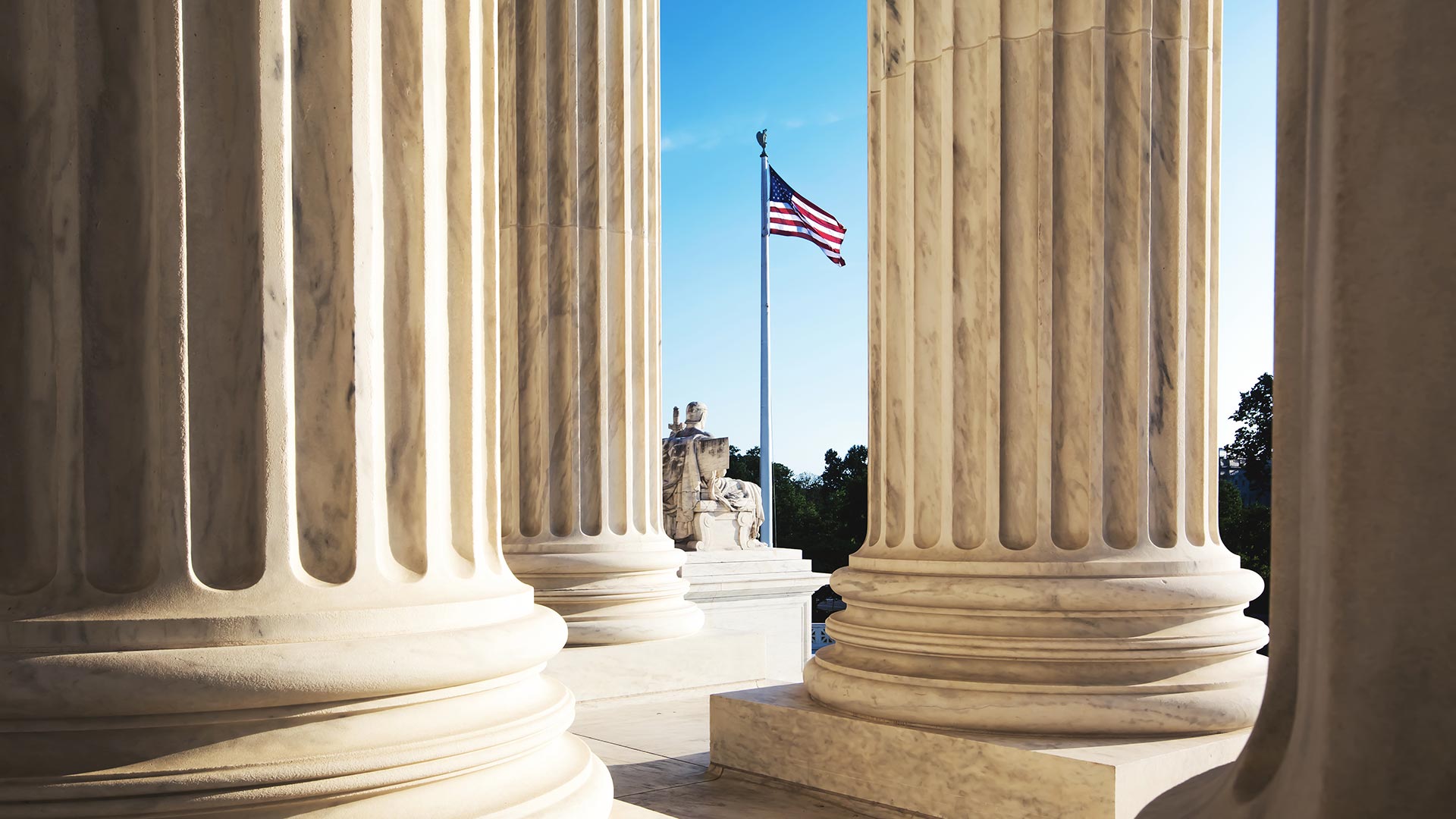The
US Department of Justice (DOJ) has once again announced that it will not challenge an ongoing collaboration among competitors and government agencies to provide essential coronavirus (“COVID-19”) healthcare supplies. The DOJ’s announcement and conditions parallels its
April 4 decision not to challenge a collaboration to provide COVID-19 personal protective equipment (“PPE”). These two decisions indicate that the DOJ is willing to expedite and not challenge companies’ essential COVID-19 collaborations with agencies and competitors. Companies should note, however, that the DOJ’s antitrust decisions are highly conditioned and specific to providing essential medicine or PPE to better fight this pandemic.
AmerisourceBergen Corporation, a healthcare distribution company, requested the DOJ to issue a business review letter with respect to the company’s “efforts to identify global supply opportunities, ensure product quality, and facilitate product distribution to the most imperiled communities of medications and other healthcare supplies to treat COVID-19 patients.” Specifically, one of AmerisourceBergen’s collaborations is “the distribution of hydroxychloroquine . . . to healthcare providers.” Like the April 4 PPE Distributors, AmerisourceBergen’s collaboration stems from “requests from the US Government” and involves the DOJ’s Antitrust Division in the collaboration. The DOJ explicitly recognizes that “there is substantial overlap between AmerisourceBergen’s Proposed Conduct and conduct addressed in the Department’s Business Review Letter to the PPE Distributors.”
Once again, the DOJ has tied numerous safeguards and conditions to its approval of the collaboration. These include not using the collaboration to raise prices or reduce output, not using the collaboration to share competitively sensitive information with competitors, and dissolving all collaborative efforts “[u]pon resolution of the COVID-19-related disruptions and the disbanding of the related US Government response initiatives.” One difference with this business review letter is the amount of direction the government is giving to AmerisourceBergen. Here, the government “will instruct AmerisourceBergen on the amount of hydroxychloroquine it will receive and where the hydroxychloroquine is to be sent.” In addition, AmerisourceBergen cannot charge either the government or healthcare providers for distributing the donated medicine. The collaboration is, in essence, to serve as the government’s temporary and emergency distributors.
The striking antitrust similarities between AmerisourceBergen’s business review letter and the PPE Distributors’ business review letter give insight into the DOJ’s current priorities and intentions. Both approvals have almost the same conditions and safeguards. And both are ongoing collaborative efforts with government agencies like FEMA and the Department of Health and Human Services. Finally, both are tied to the emergency provision of either medicine or PPE to fight COVID-19’s supply disruptions.
Because of these specific circumstances, only a few companies may be able to take advantage of the DOJ’s expedited approval process. But for healthcare companies already collaborating with a government agency to supply COVID-19 essentials, these two DOJ business review letters are a good sign that the DOJ is willing to expedite and not challenge pandemic-specific collaborations.



